Overview
The Need - Less than 1% of material used to produce clothing is recycled into new clothing. As a result, one truckful of clothes is disposed of in landfill every second, representing an annual material loss of USD 100 billion, as well as significant negative environmental impacts associated with virgin material production.
The Solution - Teemill have developed a circular production process that turns old t-shirts into new ones and regenerates natural systems. Their approach starts by viewing the fashion supply chain as a connected system, then applies circular design principles and new technology across the product life cycle.
What makes it particularly smart - By opening up access to its circular supply chain platform, Teemill has allowed tens of thousands of brands to produce t-shirts in real time after they’re ordered, all designed to be sent back and remade when they’re worn out.
Benefits: The Teemill supply chain increases material utilisation, reduces chemical and water inputs and emissions, and shares the benefits with customers and other businesses. It removes barriers to entry in the fashion industry and means anyone with an internet connection can participate and co-create the future of fashion. New brands get the same systems as a mature brand for free, without surplus production.












